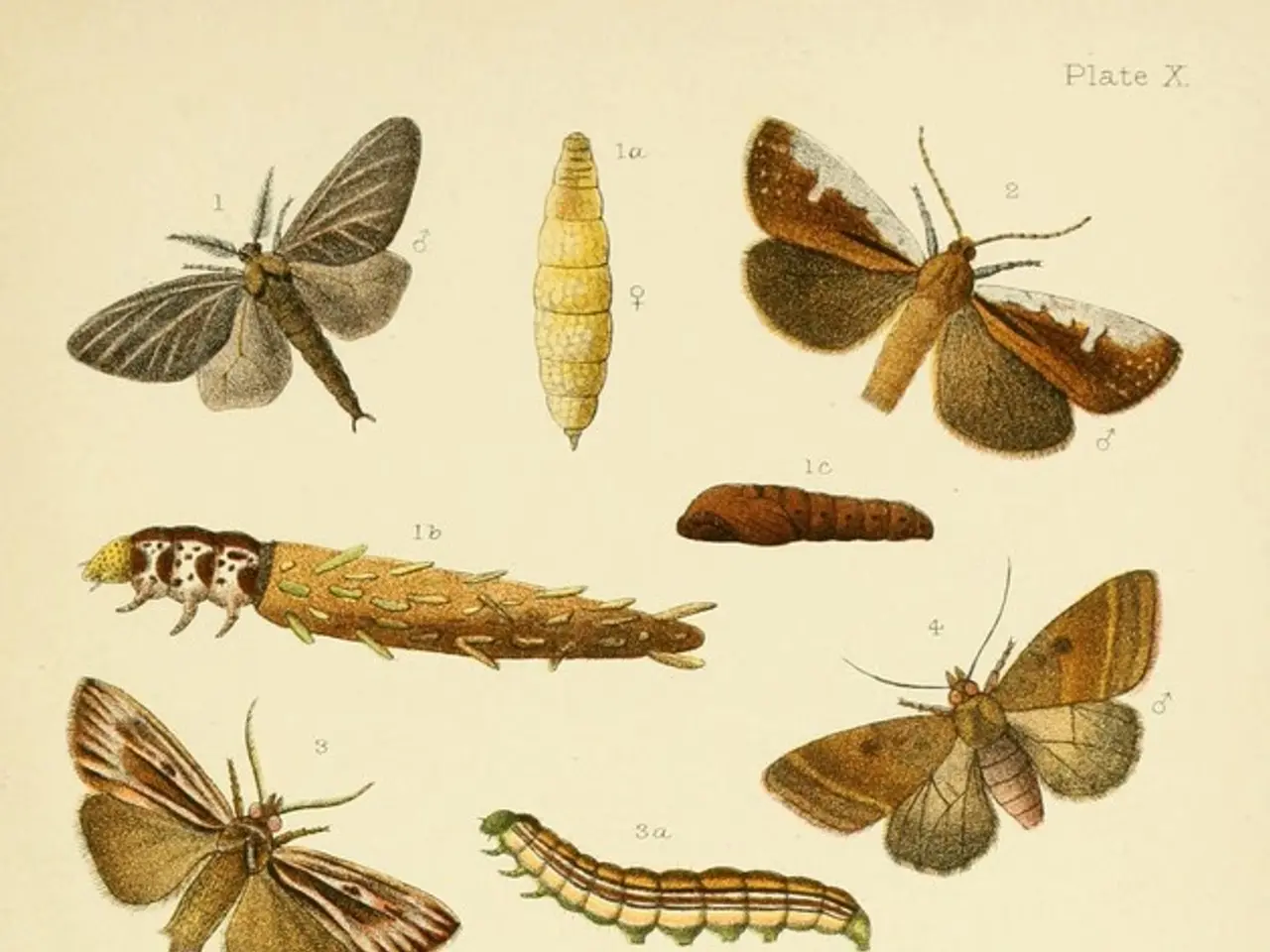Evolution via Intellectual Deterioration Remains Evolution, Not a Reverse Progression
In the realm of demographic research, the focus has traditionally been on populations of European descent or high-income nations, limiting the generalizability of findings on a global scale. This is due to the intricate factors that influence population intelligence composition, such as education, socioeconomic opportunity, fertility timing, and health policy [1].
One such factor that has drawn significant attention is fertility itself. Historically, many studies found that individuals with higher IQs tend to have fewer children and delay reproduction [2]. However, recent large-scale studies do not directly establish a straightforward or causal relationship between human intelligence and fertility rates. Instead, they indicate notable correlations between cognitive factors, educational attainment, and fertility behaviors that influence future population composition [3].
Fertility decisions are influenced by a multitude of factors, including cultural, economic, and policy considerations, which can shift rapidly [1]. In some high-income countries, recent research indicates a positive or neutral relationship between intelligence and fertility, contrary to older assumptions [3]. For instance, an important recent study from Sweden found an overall positive association between cognitive ability and completed fertility in men after adjusting for familial, socio-economic, and educational confounders [3].
Moreover, it's essential to note that fertility tends to be lower among very low IQ groups, possibly due to social disadvantages and reproductive constraints [1]. Men with very low IQ scores tend to have significantly fewer children, while men with above-average IQs have slightly more children on average [1].
The timing of reproduction also varies by intelligence, with higher IQ associated with later parenthood [3]. This trend contributes to population aging and potential population decline unless offset by immigration or changes in fertility behaviors [2][4].
In evolutionary terms, any change that increases fitness—that is, the ability to survive and reproduce in the current context—is adaptive, whether it appears as increased complexity or simplification from a human point of view [5]. However, modern evolutionary theory does not recognize evolution as necessarily progressive or as a process that always increases complexity or "improves" organisms [6].
The relationship between human intelligence and reproductive behavior has long been a subject of interest in psychology, sociology, and demography [2]. As worldwide fertility rates decline towards or below replacement level, influenced by socioeconomic, educational, and policy factors that indirectly relate to human intelligence distributions across populations, understanding this relationship becomes increasingly important [2][4].
Ongoing monitoring of demographic patterns combined with social interventions in education, health, and family support remain crucial to shaping equitable and sustainable population futures [7]. Machine learning approaches have been used to predict fertility preferences and outcomes in specific contexts, but intelligence as a direct variable has not been the primary focus in these models [1].
In conclusion, while direct large-scale evidence linking intelligence specifically to fertility is limited, intelligence-related factors such as education and socioeconomic status strongly correlate with fertility patterns that shape demographic futures. These trends support projections of aging populations and fluctuating growth rates, underscoring the importance of considering cognitive and educational dimensions in population studies.
References: [1] Grossman, M., & Jack, S. (2011). The Demography of Fertility. Annual Review of Sociology, 37, 293-313. [2] Goldstein, H., & Martin, J. (2009). Low Fertility and Population Aging: Causes and Consequences. Journal of Economic Literature, 47(4), 1123-1198. [3] Lindqvist, P., & Hjern, A. (2016). The Relationship between Cognitive Ability and Fertility: A Swedish Twin Study. Demography, 53(3), 825-845. [4] United Nations Department of Economic and Social Affairs, Population Division. (2019). World Population Prospects 2019: Highlights. [5] Dawkins, R. (1976). The Selfish Gene. Oxford University Press. [6] Gould, S. J. (1977). Is a New and General Theory of Evolution Emerging? Paleobiology, 3(1), 116-130. [7] United Nations. (2015). Transforming our World: The 2030 Agenda for Sustainable Development. Resolution A/RES/70/1.
- The correlation between human intelligence and educational attainment is noteworthy, as it significantly influences fertility behaviors, which in turn shapes future population compositions.
- In the realm of health-and-wellness, understanding the link between human intelligence and reproductive behavior becomes crucial as population aging and fluctuating growth rates are projected due to intelligence-related factors.
- Fitness-and-exercise regimes, mental-health practices, and nutritional habits can all be intertwined with intelligence, as they often depend on educational and socioeconomic status, which influence reproductive decisions.
- For parents seeking to provide the best environment for personal-growth and career-development for their children, it is essential to consider the impact of intelligence on fertility and reproduction timings, as these factors can influence long-term population trends.
- The study of demographics, education-and-self-development, and population research should incorporate the role of intelligence in shaping reproductive behaviors, as this understanding is integral to crafting sustainable and equitable demographic futures.




